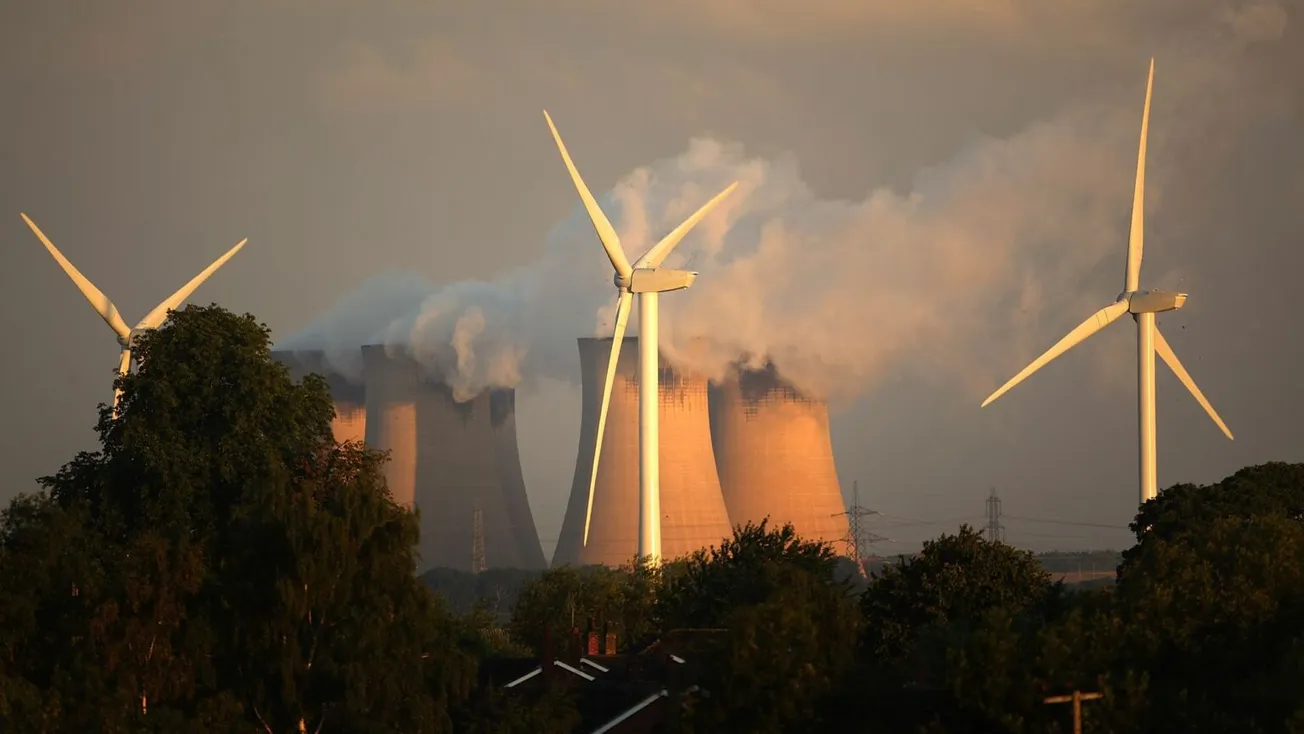Table of Contents
Stuart Smith
National MP
Kaikoura
World leaders are meeting at the latest UN climate conference COP27 in Sharm El Sheikh, Egypt.
These meetings are a gathering of the great and the good in the climate change world. Some will fly to Egypt in their private jets to lecture us all on using public transport, oblivious to their own hypocrisy at using the highest emitting form of transport possible.
Regardless, I hope they have the foresight to focus on real, achievable solutions: that is policies that are realistic and not ahead of technological solutions. We only have to look to Europe and the UK to see the damage done by a premature expectation that they could close down their thermal power stations and rely on wind and solar to keep the lights on.
They decimated their energy sector, which, as a consequence, rendered energy all but unaffordable. And with winter looming, tragically some will pay the ultimate price and succumb to the cold, not able to access affordable energy they need to survive the Northern winter.
In the energy sector they talk about the trilemma. The energy trilemma refers to affordable, reliable and environmentally sustainable energy.
The difference between life in the developed world, as we enjoy in New Zealand, and life in the third world is having ready access to reliable and affordable energy. We forget that at our peril.
Wind and solar energy do have a vital role to play. Of course they do! But we haven’t yet reached sufficient levels of technological advancement in New Zealand to be burning our bridges just yet and shutting down our non-renewable generation and still expect the lights will stay on. The energy sector will continue to provide generation capacity needed to keep the lights on – if allowed to get on with it.
Our government’s attempt to tax our farmers in the name of climate change is a great example of a policy moving ahead of available technology. Why? Farmers currently have no practical tools to mitigate their emissions, and drastically reducing agricultural production in the name of climate change would put us in breach of the Paris Accord.
We should acknowledge the environmental progress that we have made. Yes, we have more to do, but food security and access to affordable, reliable energy must not be put at risk by climate change policies. We can have both, but it will take leadership.
The definition of insanity is doing the same thing over and over again and expecting a different result. A recent UN review of climate policies found that they couldn’t tell the difference today to a world that had not adopted any new climate policies.
Is there a better example than COP of doing the same thing over and over again and expecting (promising) a different result?









